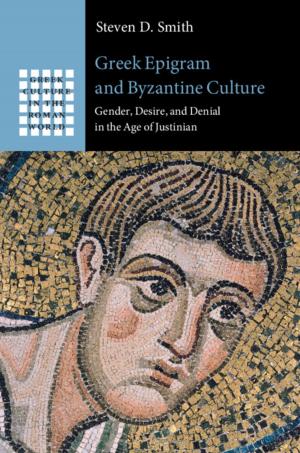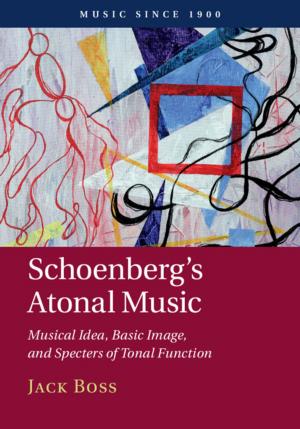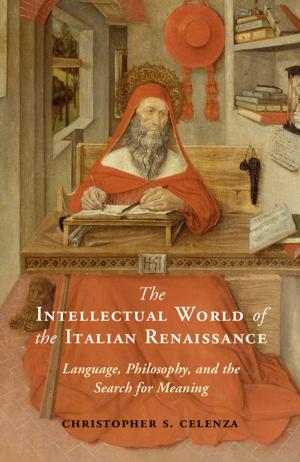Menander in Antiquity
The Contexts of Reception
Nonfiction, History, Ancient History, Fiction & Literature, Literary Theory & Criticism| Author: | Sebastiana Nervegna | ISBN: | 9781107326590 |
| Publisher: | Cambridge University Press | Publication: | April 25, 2013 |
| Imprint: | Cambridge University Press | Language: | English |
| Author: | Sebastiana Nervegna |
| ISBN: | 9781107326590 |
| Publisher: | Cambridge University Press |
| Publication: | April 25, 2013 |
| Imprint: | Cambridge University Press |
| Language: | English |
The comic playwright Menander was one of the most popular writers throughout antiquity. This book reconstructs his life and the legacy of his work until the end of antiquity employing a broad range of sources such as portraits, illustrations of his plays, papyri preserving their texts and inscriptions recording their public performances. These are placed within the context of the three social and cultural institutions which appropriated his comedy, thereby ensuring its survival: public theatres, dinner parties and schools. Dr Nervegna carefully reconstructs how each context approached Menander's drama and how it contributed to its popularity over the centuries. The resultant, highly illustrated, book will be essential for all scholars and students not just of Menander's comedy but, more broadly, of the history and iconography of the ancient theatre, ancient social history and reception studies.
The comic playwright Menander was one of the most popular writers throughout antiquity. This book reconstructs his life and the legacy of his work until the end of antiquity employing a broad range of sources such as portraits, illustrations of his plays, papyri preserving their texts and inscriptions recording their public performances. These are placed within the context of the three social and cultural institutions which appropriated his comedy, thereby ensuring its survival: public theatres, dinner parties and schools. Dr Nervegna carefully reconstructs how each context approached Menander's drama and how it contributed to its popularity over the centuries. The resultant, highly illustrated, book will be essential for all scholars and students not just of Menander's comedy but, more broadly, of the history and iconography of the ancient theatre, ancient social history and reception studies.















